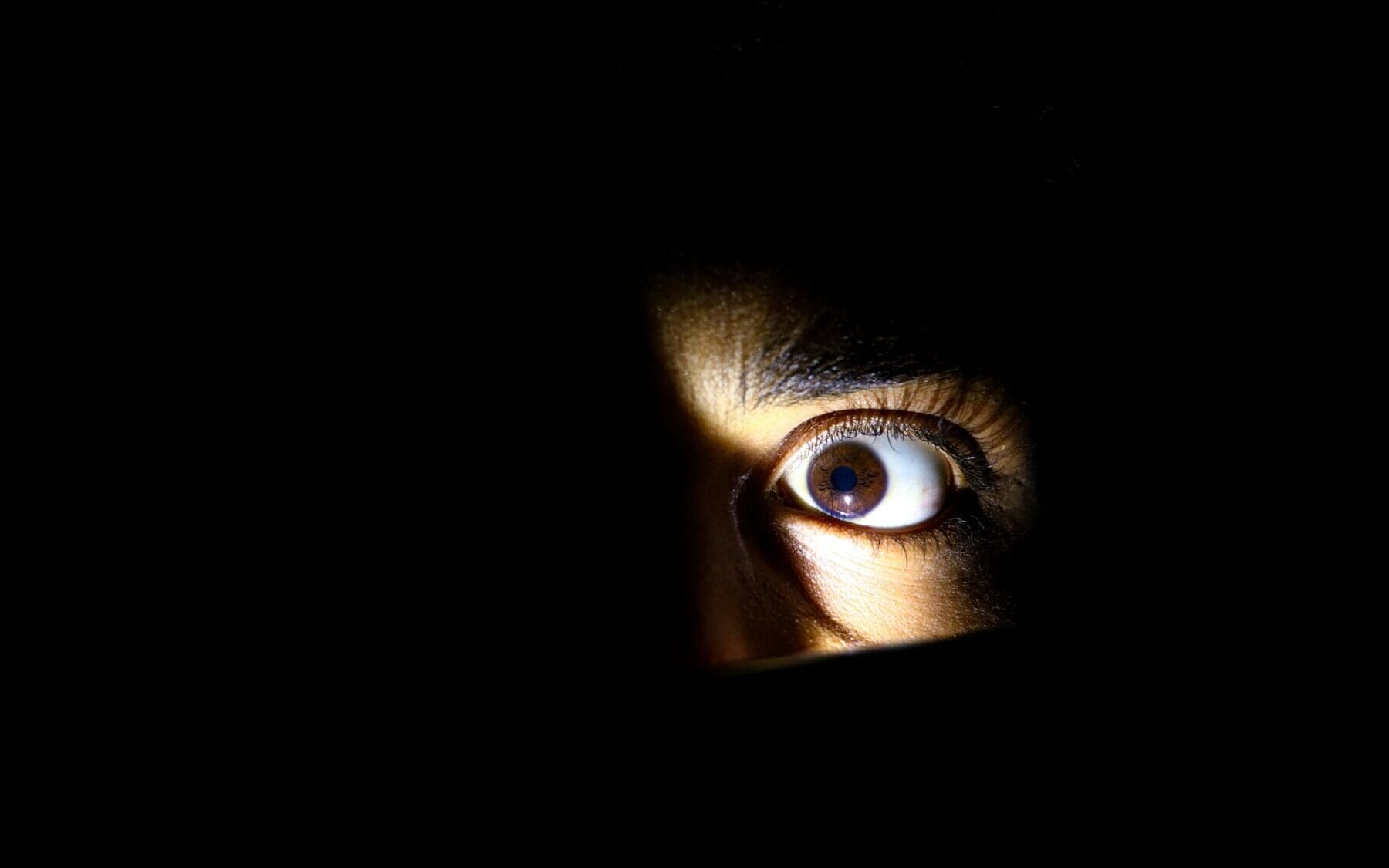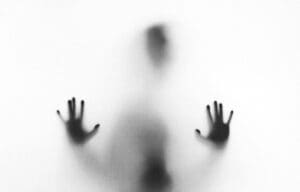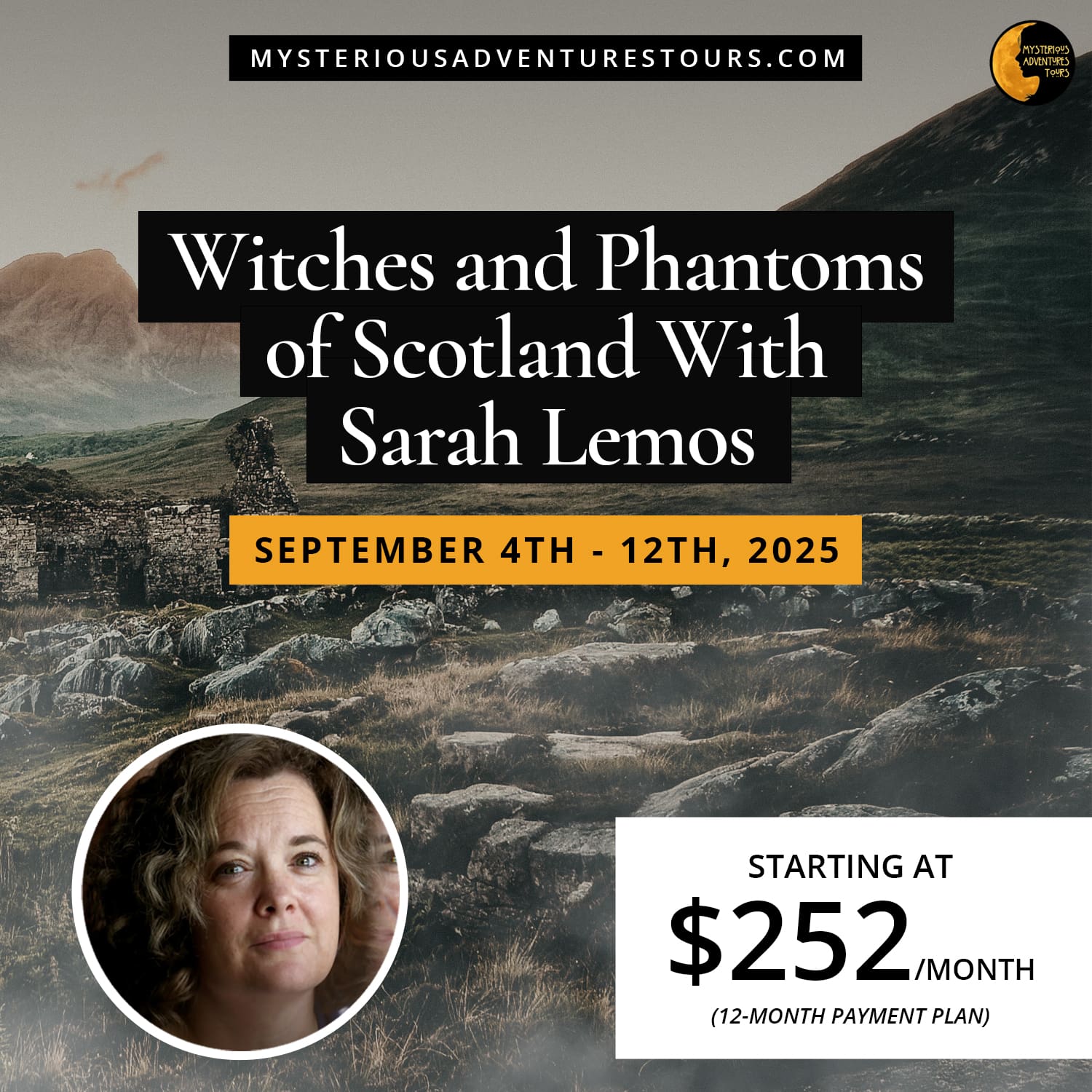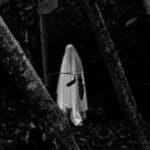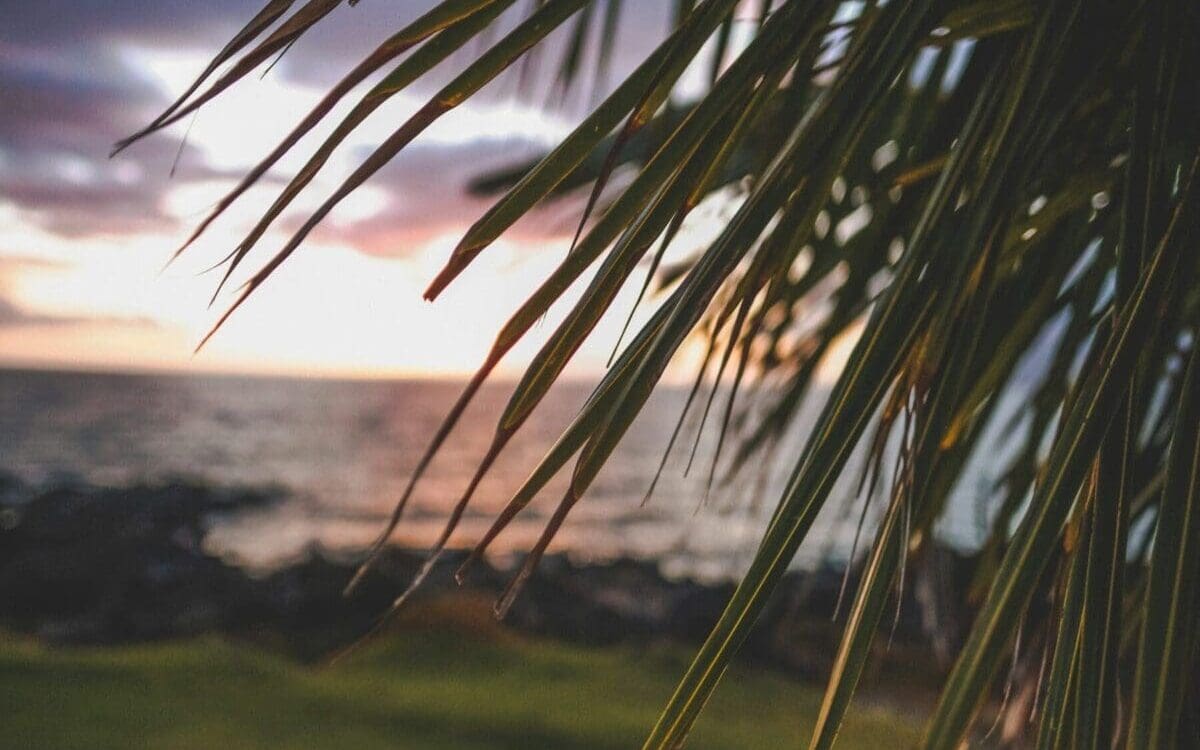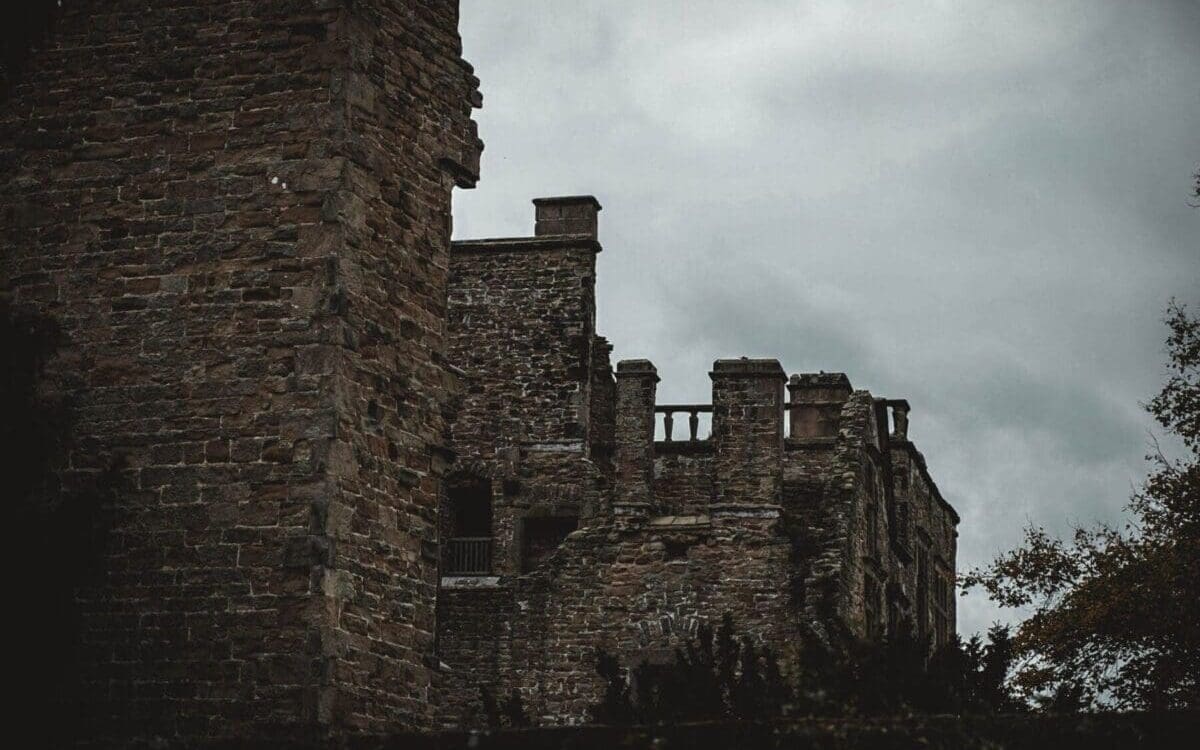The Psychology of Fear: Why We Love Haunted Houses and Ghost Stories
Fear grabs us. It has captured the minds of psychologists, philosophers, and storytellers for ages. Though we often see fear as bad, people chase it in haunted houses and ghost stories. We get a kick from ghost tours in old towns or the rush of walking through a haunted house. We’re drawn to things that scare us. But why do we love these scary experiences when we travel? Let’s dig into the psychological mechanisms that make us love haunted houses and ghost stories, and how they’ve become a big part of tourism.
The Evolutionary Roots of Fear
To figure out why haunted houses and ghost tours appeal to us, we need to look at where fear comes from in our evolution. Fear helps us survive. It’s an instinct that’s kept humans safe from danger throughout history. When our ancestors faced a threat—like a predator or a strange noise at night—their bodies kicked into fight-or-flight mode. This reaction pumps adrenaline through the body making people more alert and ready to act fast.
In our current era, we face the dangers that once made us afraid in our daily lives. Still, the parts of our brain that make us scared remain rooted in our minds. This is where haunted houses and ghost stories come in. They give us a safe place to feel scared without any real risk. The excitement of a ghost tour or a haunted house sets off the same body reactions as a real threat, but in a controlled place. This lets us feel the rush of being scared without any bad results.
The Appeal of the Unknown
People love haunted houses and ghost tours because humans are fascinated by what they don’t know. Ghost stories make us curious about what happens after we die, which everyone wonders about and feels connected to. Haunted houses, with their squeaky floors and dark corners, show us what this mystery might look like in real life.
The unknown makes us uneasy, Yet, it also captivates us. Myths and legends—like those that inspire ghost stories—are more than mere narratives; they offer a gateway into exploring the depths of the human experience. Ghost stories and haunted houses give us a chance to face the unknown in a way that’s both exciting and safe. When we do this, we deal with our deepest fears and curiosities all while knowing we can leave whenever we want.
The Social and Cultural Dimensions of Fear
Fear isn’t just something we feel alone; it has a big impact on our society and culture too. People often go to haunted houses and ghost tours together, which makes them group activities that help build friendships. When we’re scared with others, it can make our relationships stronger, as we lean on each other when we think we’re in danger.
What’s more, ghost tours happen in historic places, which adds a cultural aspect to the experience. These tours aren’t just about frightening people; they’re about linking to the past. They often include stories that mix historical facts with legends creating a narrative that brings history to life. This way, ghost tours act as a type of cultural tourism letting people explore a place’s history through its spooky stories.
The group side of fear gets a boost from the rituals that go hand in hand with ghost tours and haunted houses. These rituals, like joining hands as you move through a dark hallway or jumping at a sudden fright, build a feeling of togetherness among those taking part. This shared brush with fear is a big reason why haunted houses and ghost tours draw so many people—they give us a chance to connect with others while facing our deepest fears.
Ready to embark on an Autumnal adventure for yourself? Check out our Halloween tour destinations HERE!
To keep up with our blog and other Mysterious Adventures offers, sign up for our newsletter HERE!
The Role of Media and Popular Culture
The media has a big influence on how we think about haunted houses and ghost stories. Movies, TV shows about ghost hunters and other parts of pop culture have a huge impact on the way we feel scared. Films like “The Haunting” or “Poltergeist” show haunted houses in a way that sets up what we think we’ll find in one—floors that creak, ghosts that appear, and a feeling of fear all around. This creates a kind of blueprint in our minds for what a haunted house should be like.
These media portrayals have an influence on the appeal of ghost tours and haunted houses by creating expectations and building excitement. Visitors to haunted houses or participants in ghost tours often want to experience something similar to what they’ve watched in films or read about in novels. This cultural cycle strengthens the attraction of these events boosting their popularity even more.
The widespread appeal of ghost-hunting TV shows and podcasts has brought ghost stories into the mainstream, often blurring the lines between fact and fiction. These programs present these tales in a compelling way that enhances their believability, captivating audiences worldwide.
This has an impact on people’s interest in ghost tours, as they want to experience supernatural events themselves. The mix of what people see in the media and what they experience firsthand creates a strong pull that keeps them coming back to learn more.
The Psychology of Catharsis
Haunted houses and ghost tours offer more than just scares – they can have a positive effect on our minds. This comes from something called catharsis. In the world of psychology, catharsis means letting out strong feelings that we might be holding back. When we feel scared in a place we know is safe, it can work as a kind of catharsis. By facing what frightens us in a controlled setting, we can let go of bottled-up emotions and end up feeling cleansed inside.
This holds special importance when it comes to travel. For many people, travel isn’t just about seeing new places; it’s about getting away from the daily grind. Taking part in a ghost tour or checking out a haunted house gives travelers a way to escape that’s both exciting and good for the mind. It pushes them to leave their comfort zones, face their fears, and come back home feeling like they’ve done something big.
What’s more, feeling scared can help people grow. When we face our fears, we become tougher and learn more about what we can handle. This is one of the reasons why people like scary experiences—they give us a chance to learn about ourselves and let out our emotions in a unique way.
The Enduring Fascination with Haunted Houses and Ghost Stories
The attraction to haunted houses and ghost tours is a complex interplay of psychology, culture, and media. At its core, this fascination is rooted in our evolutionary instincts, our curiosity about the unknown, and our desire for communal experiences. Whether it’s the thrill of a haunted house or the eerie allure of a ghost tour, these fear-inducing experiences offer a safe space to explore our deepest anxieties and curiosities.
As long as humans are fascinated by the unknown and seek out thrilling adventures, the popularity of haunted houses and ghost tours will endure. These experiences not only provide a temporary escape from reality but also offer valuable insights into the human psyche. In the end, our love for haunted houses and ghost stories is a testament to the enduring power of fear and the many ways it shapes our lives. Want to embark on a thrilling adventure of your own? Click here to view our Halloween tour options for your next fall get away!
EMBARK ON A HAUNTING JOURNEY INTO SCOTLAND’S DARK PAST WITH OUR WITCHES AND PHANTOMS TOUR, LED BY PSYCHIC MEDIUM SARAH LEMOS.
Over 9 chilling days, delve into the eerie era of Scotland’s “Burning Times” from 1563 to 1763. Join us as we explore haunted streets, chilling landscapes, and historic battlegrounds, uncovering tales of magic, mystery, and unspeakable horror. With expert guides leading the way, explore the captivating dark allure of Scotland’s witch-haunted past. Don’t miss your chance to explore the haunted heart of Scotland. Join us on our Witches & Phantoms of Scotland Tour.
LEARN MORE >>>

